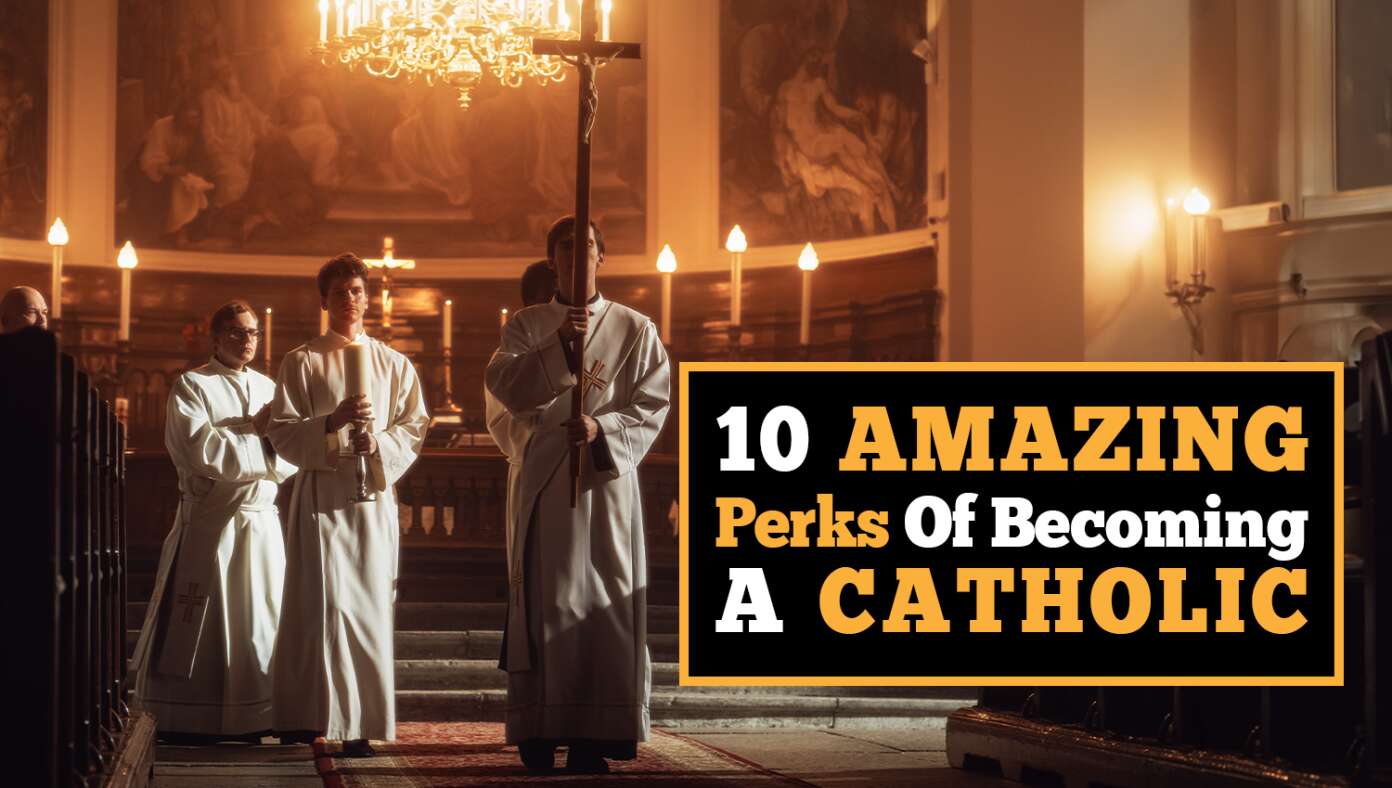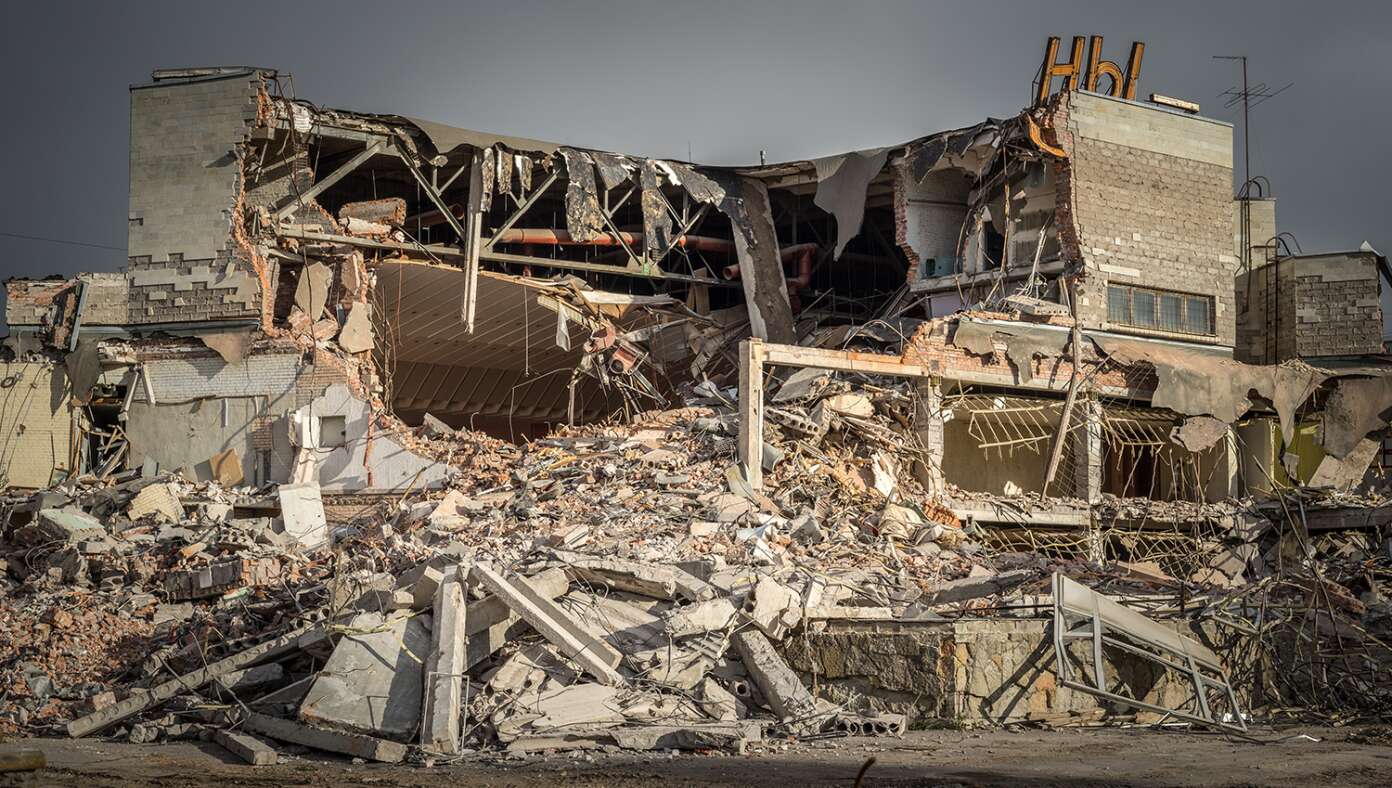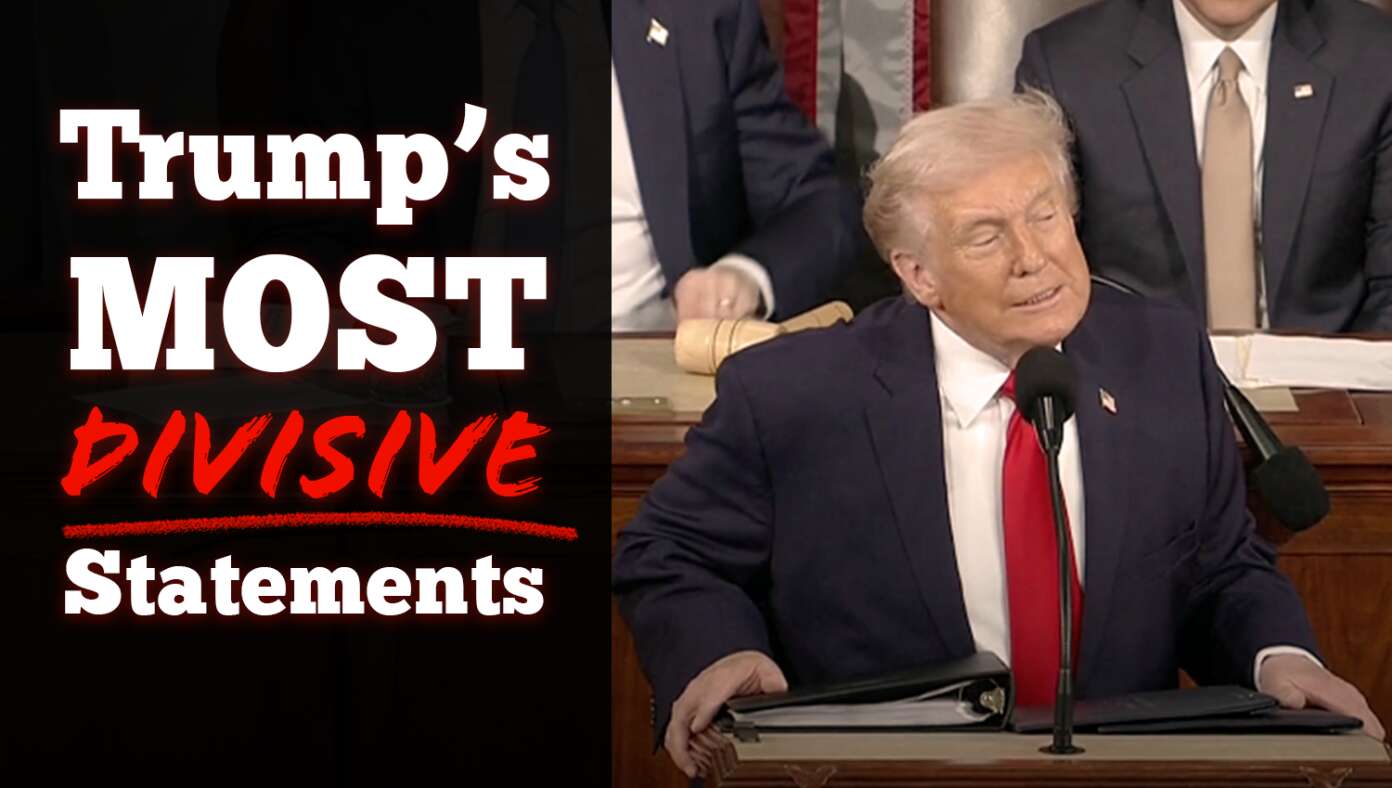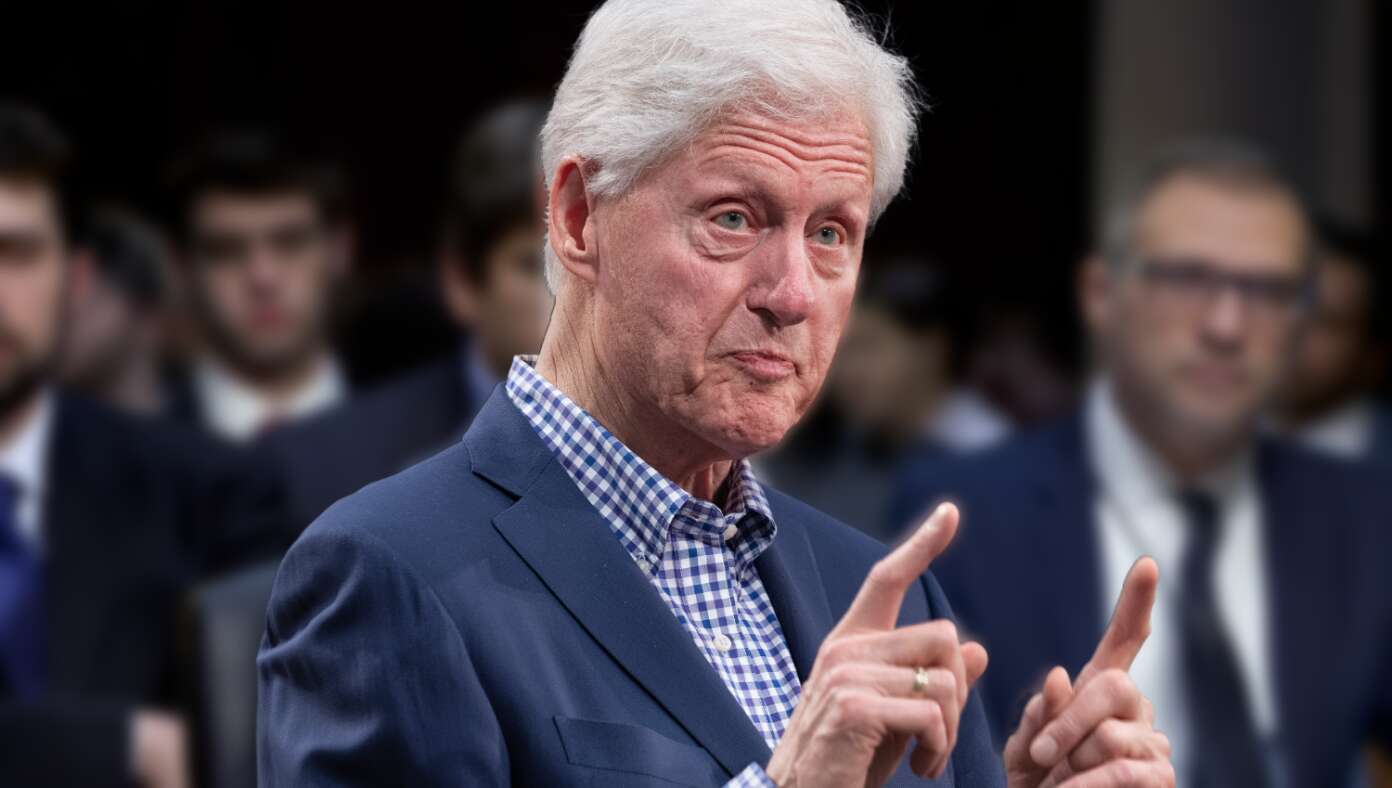CAMBRIDGE — In an effort to get ahead of the ever-changing definitions of commonly used words due to evolving societal norms, the Cambridge Dictionary has announced that it has changed the definition of the word "definition."
"Whereas in the past, the term ‘definition' would, in fact, provide a very clear understanding of the actual meaning of a word, we can simply no longer inflexibly define what a definition is," said Cambridge University Professor Reginald Binghamton-Wallace in a statement regarding the landmark change. "Defining ‘definition' would potentially limit words to having actual meaning, which is no longer possible today."
The announcement was met with a mixture of confusion and uncertainty regarding the impact this would have across both academia and the general public. "So we're not even allowed to have definitions of words because the word ‘definition' isn't defined the same anymore?" asked Nashville singer-songwriter Kenny Carter when asked for comment. "What does anything mean anymore? Does anything mean anything? Or does nothing mean anything? Who am I? What is existence?"
Key decision makers at Cambridge University Press reportedly made the change in a bid to compete with the progressiveness of other popular dictionaries from Miriam-Webster and Oxford University. "We can't allow ourselves to be out-progressed," Professor Binghamton-Wallace said. "This is definitely a contest."
At publishing time, the dictionary makers were also believed to be engaged in discussions regarding adopting a new "Choose Your Own Definition" feature to potentially incorporate into its future editions, although it was at that point unclear what a "definition" was.
Protect yourself from the modern day gestapo!









